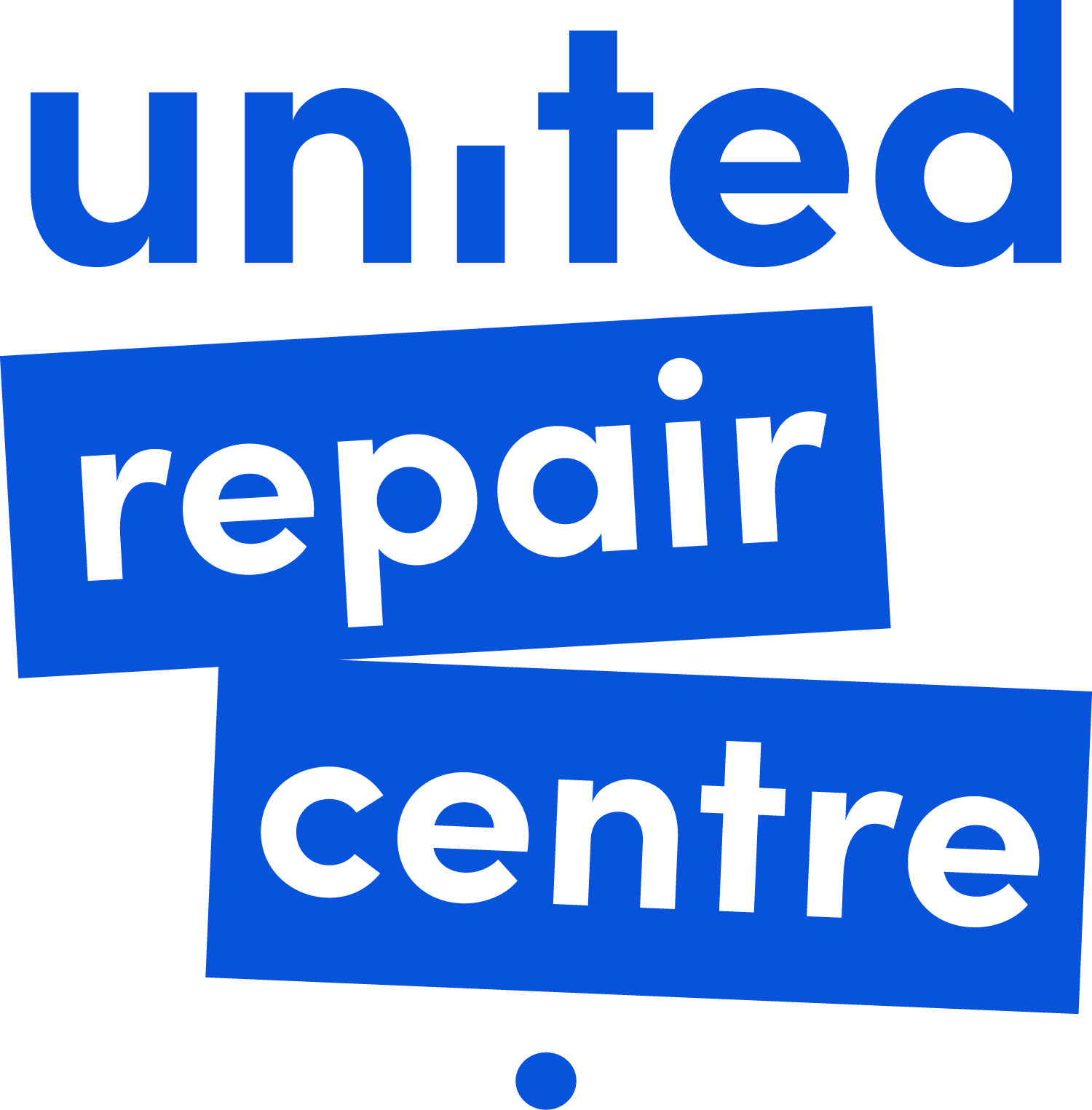

United Repair Centre

North Holland, Netherlands The
October 2024
Apparel
Manufacturing
Netherlands The,
United Kingdom
United Repair Centre (URC) is a B2B repair business for fashion brands to put repair on the map while creating social and environmental impact collectively. The United Repair Centre has outdoor brand Patagonia as its founding partner, providing integrated clothing repair and resale solutions for fashion, apparel and workwear brands that want to create positive environmental impact and local employment opportunities for people with a distance to the labor market at the same time. We strive to make it easy for leading apparel brands in Northwestern Europe to achieve their circularity goals. We do so by offering high-quality repair services. At the same time, we create a positive social impact by providing training and employment opportunities to newcomers with refugee backgrounds, young adults and other people who face difficulties in accessing the labor market. We demonstrate that it is possible to change the clothing industry by putting people first while creating value with textiles that otherwise would be wasted.
Overall B Impact Score
Governance 16.2
Governance evaluates a company's overall mission, engagement around its social/environmental impact, ethics, and transparency. This section also evaluates the ability of a company to protect their mission and formally consider stakeholders in decision making through their corporate structure (e.g. benefit corporation) or corporate governing documents.
What is this? A company with an Impact Business Model is intentionally designed to create a specific positive outcome for one of its stakeholders - such as workers, community, environment, or customers.
Workers 40.9
Workers evaluates a company’s contributions to its employees’ financial security, health & safety, wellness, career development, and engagement & satisfaction. In addition, this section recognizes business models designed to benefit workers, such as companies that are at least 40% owned by non-executive employees and those that have workforce development programs to support individuals with barriers to employment.
What is this? A company with an Impact Business Model is intentionally designed to create a specific positive outcome for one of its stakeholders - such as workers, community, environment, or customers.
Community 13.6
Community evaluates a company’s engagement with and impact on the communities in which it operates, hires from, and sources from. Topics include diversity, equity & inclusion, economic impact, civic engagement, charitable giving, and supply chain management. In addition, this section recognizes business models that are designed to address specific community-oriented problems, such as poverty alleviation through fair trade sourcing or distribution via microenterprises, producer cooperative models, locally focused economic development, and formal charitable giving commitments.
Environment 12.3
Environment evaluates a company’s overall environmental management practices as well as its impact on the air, climate, water, land, and biodiversity. This includes the direct impact of a company’s operations and, when applicable its supply chain and distribution channels. This section also recognizes companies with environmentally innovative production processes and those that sell products or services that have a positive environmental impact. Some examples might include products and services that create renewable energy, reduce consumption or waste, conserve land or wildlife, provide less toxic alternatives to the market, or educate people about environmental problems.
Customers 1.6
Customers evaluates a company’s stewardship of its customers through the quality of its products and services, ethical marketing, data privacy and security, and feedback channels. In addition, this section recognizes products or services that are designed to address a particular social problem for or through its customers, such as health or educational products, arts & media products, serving underserved customers/clients, and services that improve the social impact of other businesses or organizations.